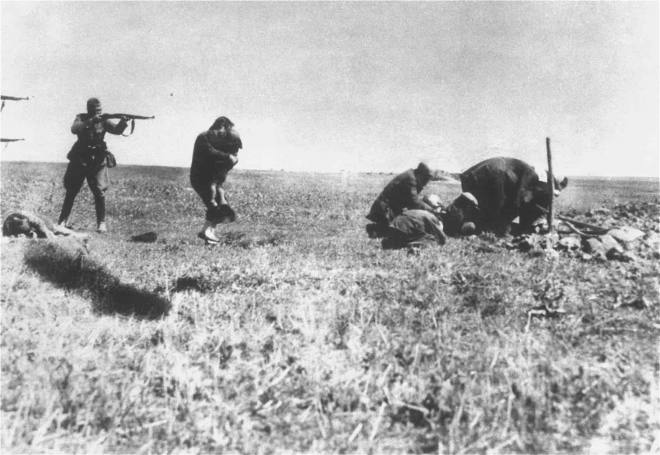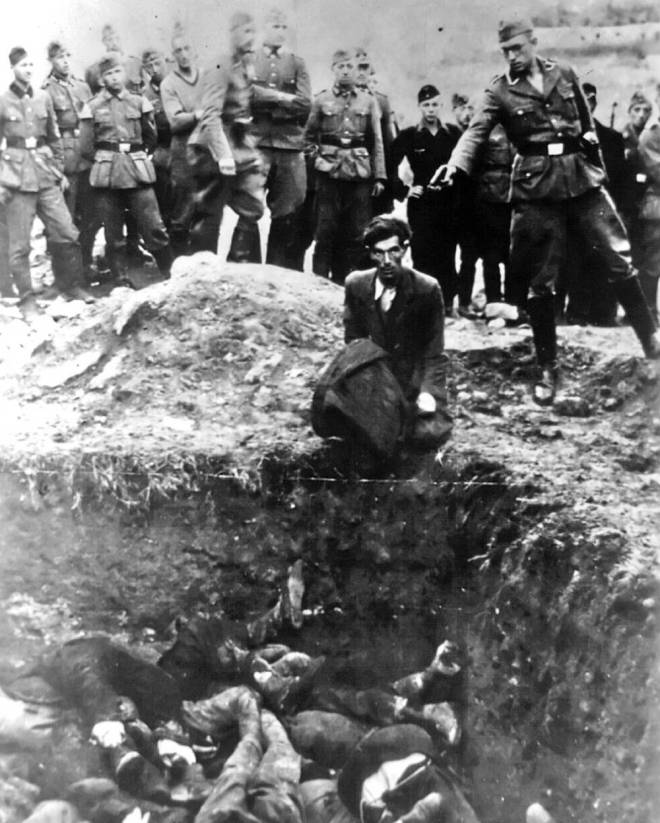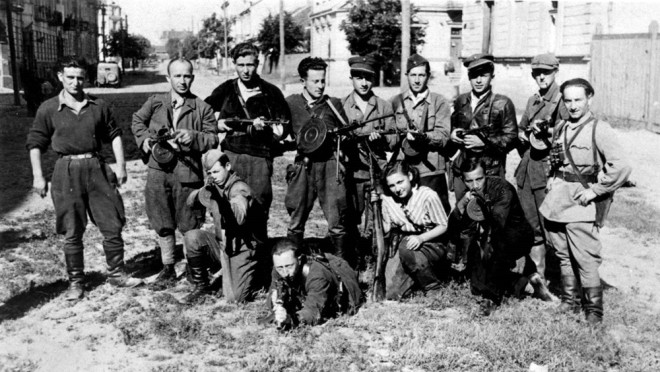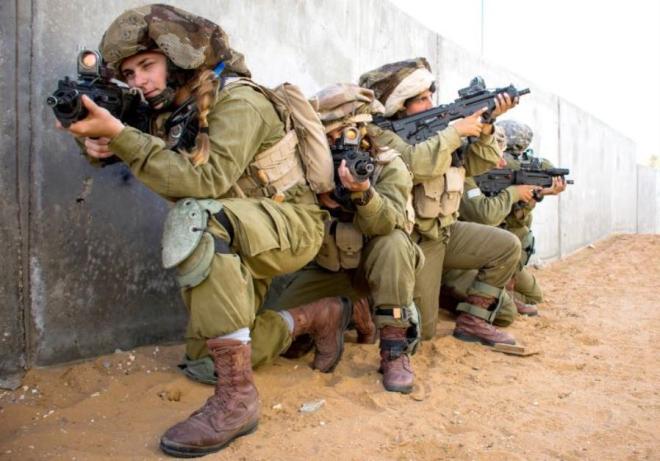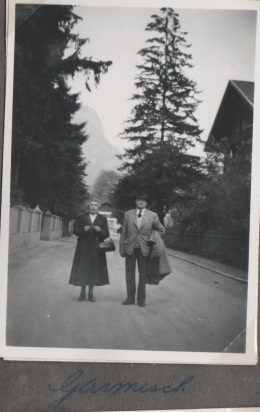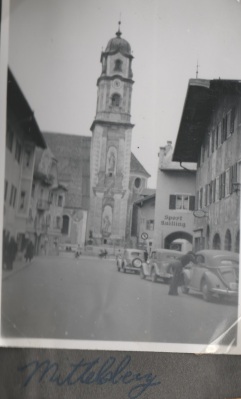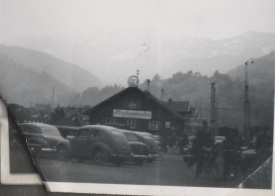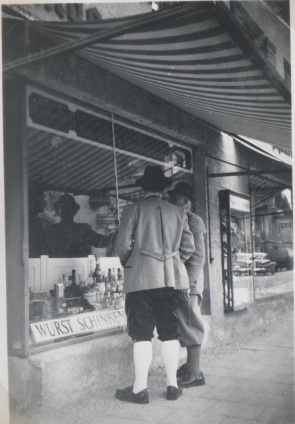I have been very moved this week watching the witness statements of the survivors of the Holocaust, on this 75th anniversary of the liberation of Auschwitz. But a paradox struck me: again and again these living saints and martyrs described the horrific brutality that they suffered, and yet in spite of that, they survived. In the cruellest of ironies, it seems that it was when the perpetrators themselves were carried away by a sadistic urge to torture and kill that conditions became chaotic enough for a fortunate few – and so pitifully few! – to escape attention and thus survive.
How could the German people, creators of the most sublime literature, art and music in the world, have become the greatest perpetrators of genocide? It is notable that the Nazis themselves were horrified at the unbridled brutality of both their Lithuanian auxiliaries in the Kaunas massacres and their Croatian auxiliaries in the Jasenovac massacres. Himmler himself expressed concern about the impact mass killing would have on the mental health of his SS men.
The slaughterman wants his abbattoir to operate with calm efficiency. The last thing he wants is for his men to set about the waiting animals, trying to beat them to death and making them run all over the place in terror and agony. This was the inspiration for the Nazis to build their Europe-wide network of extermination camps, furnished with state-of-the-art gas chambers and crematoria. And it is this aspect that sets the Shoah – the Holocaust – apart from all other massacres and genocides before and after.
The evidence for this is most clear in one camp: Belzec. Built in November 1941 for the express purpose of exterminating the Jews of Galitzia – more than 50 of my extended family among them – the Nazis calmly dismantled it in June 1943. Because there were no more Jews left to kill. In that 19 month period they murdered more than half a million human beings on that site alone. Belzec was never liberated: D-Day was a year in the future. Only two people escaped and survived: Rudolf Reder and Chaim Hirszman.
It is not the brutality of the Shoah that sets it apart: that has been the all-too-human feature of all genocides. What makes the Shoah unique is the application of scientific detachment and world-leading technology to treat millions of human beings as raw material to be turned into ash and smoke.

